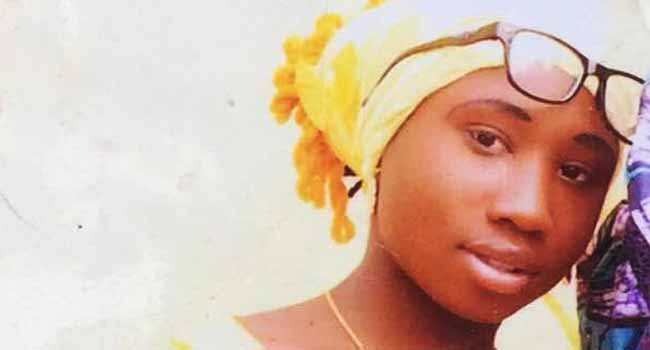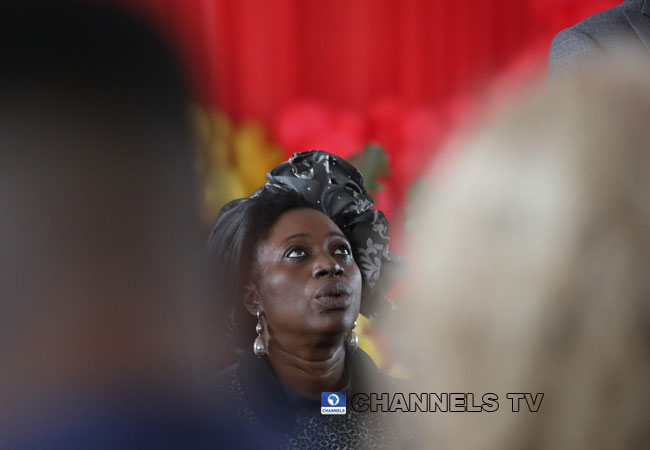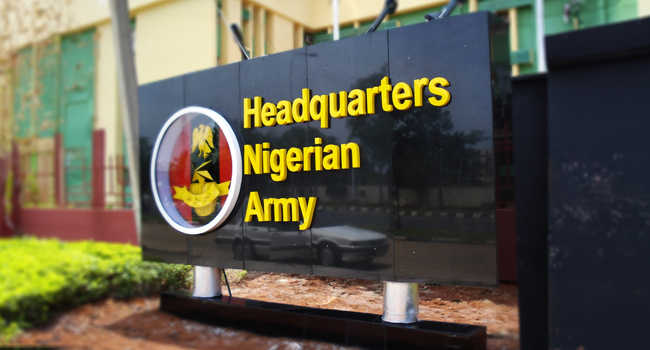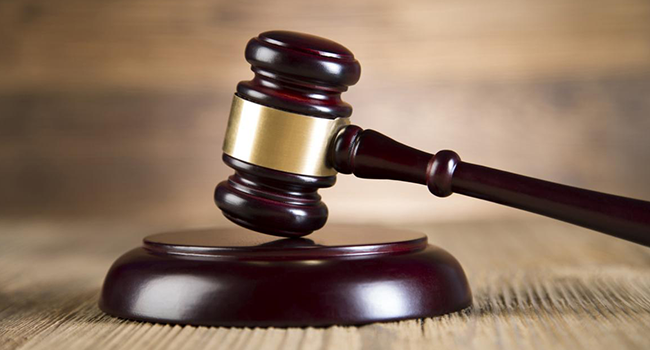
On Monday, February 19, 2018, Boko Haram militants invaded Government Girls’ Science and Technical College in Dapchi, a town in Yobe state.
An Islamic studies teacher at the school, Mohammed Bilal, said the militants arrived about 5:30 p.m.
“The girls were in dorms and I was in my dorm when we heard gunshots and screaming,” he said. “I didn’t see where they were coming from.”
The militants, who have contributed to terrorising the country for more than a decade, went on to abduct more than a 100 schoolgirls. But the truth didn’t surface immediately.
The initial report from the Nigerian police, the following Tuesday, was that only three persons had been abducted. But on Wednesday, family members of the missing girls started to speak to reporters and the true, ugly picture began to emerge. That same day, the Yobe government released a statement saying over 50 students were unaccounted for.
“Out of the 926 students in the school, over 50 are still unaccounted for as of the time of this statement,” the state government said at the time.
The state government also said the military had rescued some girls and President Muhammadu Buhari ordered the military to find the girls during a Federal Executive Meeting.

The issue quickly took on political colouration as the Peoples Democratic Party (PDP), the main opposition party, put out a statement describing the abduction as “shocking” and accused the Federal Government of “deceiving the people”.
On Thursday, media celebrities started to weigh in. Actress, Etomi Adesua, asked Nigerians to pray for the girl’s safe return. The then Governor of Ekiti, Ayodele Fayose, also asked the Federal Government to stop lying to Nigerians about the issue. The Senate asked the Federal Government to intensify its efforts.
Meanwhile, the Yobe state government retracted its statement that some girls had been rescued. “We have now established that the information we relied on to make the statement was not credible,” they said.
On Friday, the Federal Government said it would need more time to address the situation and bring back the girls.
By Saturday, parents of some of the abducted schoolgirls had formed an association to demand the rescue of their children. At this point, it was still unclear how many schoolchildren had been abducted, but the association put the number at 105.
On Sunday, six days after the militants had carried out their operation, the Minister of Information and Culture, Lai Mohammed, confirmed that 110 students had been abducted by the insurgents.
Amid calls from civil society and international pressure, the country’s security machinery swung into action. By March 8, the Nigeria Police said it had deployed its Deputy Inspector General of Police in charge of operations, Habila Joshak, to Yobe state as part of efforts to rescue the girls.
On March 14, President Buhari visited Dapchi.“I have no doubt that the Dapchi girls will be rescued or released,” he said.
On March 20, human rights group, Amnesty International accused the Nigerian military of failing to prevent the Dapchi abduction despite being warned ahead. But the military shot back, saying the group isn’t credible.
On March 21, the majority of the girls were returned to Dapchi but one was notably missing – 14-year-old, Leah Sharibu. According to reports, Sharibu, a Christian, wasn’t released with the others because she refused to convert to Islam.
“The Buhari administration will not relent in efforts to bring Leah Sharibu safely back home to her parents as it has done for the other girls after she was held back by the terrorists over her decision, as reported, not to convert from Christianity to Islam,” presidential spokesman, Garba Shehu, said in a statement, a day after the majority of the girls were released.
Less than three days later, the then Inspector-General of Police, Idris Ibrahim, said Sharibu was on her way back. “I am supposed to go to Dapchi today, let me be sincere with you but because of the girl (Leah Sharibu) that I learnt here will be released today,” he said. But the Police soon put out a statement, saying the IGP had been misunderstood. Sharibu’s stay with the insurgents wasn’t ending soon.
Over the next few months, many, including her parents, civil society, the Christian Association of Nigeria, called for the Federal Government to intensify its efforts to free Sharibu. The government, too, reiterated that it would not relent on securing her release.

In August 2018, Sharibu, now 15-year-old, was heard in an audio clip pleading with President Buhari to help her regain freedom from her captors. “I am begging you to treat me with compassion,” she said.
In the early aftermath of the audio release, presidential spokesman, Femi Adesina, while responding to a question about when Nigerians should expect Sharibu back, said only God could answer the question. “The Government is working on and at it, and we believe she will be back,” he said.
In February 2019, almost one year after she was captured, the Federal Government was prompted to condemn reports that Sharibu had died in the hands of the terrorists.
In January 2020, reports, unconfirmed by Channels Television, surfaced that Sharibu had been married off to a Boko Haram commander and delivered a baby. Nathan, Sharibu’s father, declined to comment on the report.
Last Wednesday marked two years since the abduction took place. On Tuesday, Buhari said his government will continue to seek her release.
“This government continues and seeks to secure the release of all children and captives of terrorists – and we do so regardless of their creed or the name of their creator,” he said.
Meanwhile, Sharibu’s father, Nathan, has criticised the Nigerian government for its inability to bring home his daughter.
“It is due to their lapses that my daughter is spending two years in captivity, and there is no assurance up till now,” he told Channels Television recently.
But he is still hopeful President Buhari will come good on his promise.
“I am 100 percent assured that my daughter is still alive and one day, she will come home safely.”



